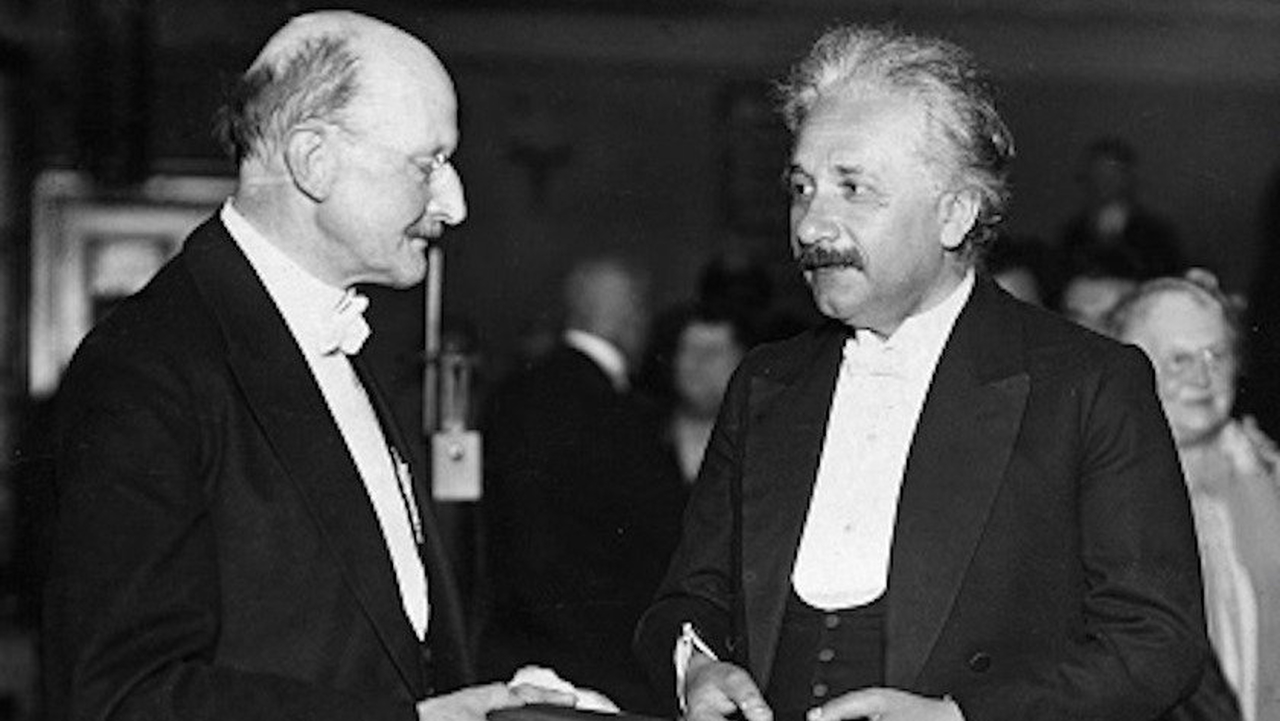In my role as a relationship therapist, I’ve begun prompting couples to ask their partners, “Would you like to be the person that I’m asking you to change into? Would you like to be the partner that I want you to be?”
This type of inquiry quiets the tired back and forth, right and wrong ping ponging that gets us nowhere. It’s not uncommon to ask your partner to make changes in their beliefs, attitudes, or behavior to accommodate your wishes. Very often, though, this is met by an entrenched resistance from the person being asked to change. You should ask yourself if you’re resisting simply for the sake of resisting, or would the requested change be consistent with your own growth and personal evolution?
If what is being requested seems authentic and resonant with your growth, and you are nevertheless resisting, then you might want to pay attention to why you’re digging your heels in. If you’re caught up in the power struggle and keeping a scorecard of offenses, the path to amicability remains obstructed; the larger picture is surely being missed.
The goal of winning in a relationship is absurd. That would guarantee unhappiness. Reflect on whether you’d rather be right or whether you’d rather be happy. One tends to preclude the other. Relationship battles often resemble the up and down of a seesaw ride. If one of you is up, the other is necessarily down. You may take turns in the up position, but you’re unlikely to find the balance that brings about a sense of harmony in this zero-sum equation. The shift we should seek is seen as a win-win situation – both people come out on top. In fact, this is the only pathway to a congruent, if not blissful, partnering.
Releasing the need to defend yourself – and subsequently abdicating the silliness of right or wrong – really enables a more reflective consideration of the changes being requested, or perhaps demanded, by your partner. If the modification sought would assist in your personal growth, then you should embrace it. It’s a win-win. You’ll grow and perhaps improve the energy of your relationship. While it’s disappointing if this doesn’t happen, you’ve still at least moved forward in your self-actualization. To that extent, you are removing yourself from being the problem. Should you find yourself in this position, you may discover that the old battle masked deeper underlying issues that may now arise.
The conflict over change, although often substantive, is at times simply a safe, if not frustrating, way to express hostility. You might ask your partner or spouse, “If I make the changes you’re asking for, will you feel the way you’d like to feel about me?” This question may reveal whether there are deeper issues – usually emotional – that need to break through and enter the discussion.
Much of our defensiveness surrounding others’ impositions that we change has to do with our own sense of self and identity. “There’s nothing wrong with me” is a revealing statement, in that it demonstrates an insecure and fragile ego. It’s not a question of whether there’s something wrong with you as much as it’s about whether you’re seeking to evolve further and please your partner – provided that you’re not acting from fear or inauthenticity. There is a direct correlation between one’s openness to change and their self-esteem. If your self-worth feels tentative, you’re more likely to defend against change. On a differing note, though, people should never simply succumb to the demands of others if they are coming from an angry or controlling energy.
Relationship success requires quieting your defensiveness and developing a resilience founded upon the healthy spirit of a co-operative alliance. If you try to be the best you can be for the other, and remain genuine and true to your own growth, you can accurately say you are doing everything you can to make your relationship prosper.
More From Mel…
Creating Resilient Relationships





Hi Mel,
Isn’t a partner that is asking you to change your beliefs an act of non-acceptance of you as an individual? Especially when your partner has known what your beliefs are from the onset of the relationship?
Hi Phoenix,
Sometimes our beliefs evolve or change over time. As well, it may take quite some time for all of our beliefs to be revealed or become more transparent. Often, in the early stages of relationships, some people are inclined to withhold certain beliefs that they are fearful will be judged or met with disfavor. All things considered, there are many variables at play. What happens when our partner’s beliefs change? Do we remind them that they have changed their position? Aren’t they entitled to rethink how they think?
Relationship should be seen as a growing, changing dynamic in which respect, thoughtfulness and resilience are essential ingredients.
Mel I truly enjoyed your article. Harville Hendrix spoke of the changes your partner asks of you as an “opportunity for growth”. I believe you are saying something similar.
In my practice, I often ask people the question you ask, but in addition I ask: “what will happen to you if this aspect of your being does not change over the next, 5, 10, 20 years?”. Usually the individual can see that in the long run he/she will will become a person he/she may not really like and thus, is motivated for change. If the person has children, I may in certain instances ask: “Is this a quality you would like your son or daughter to have to face and accept in their spouse?”
I believe many people see the problems and at times recognize their weakness. In my mind, the question is always: how do we motivate them for change?
Have a great weekend! Diana
Hi Diana. I appreciate the way you frame the question. Interestingly, I recently had lunch with Harville and found that we enjoy very similar perspectives.
Be -w-i-t-h- the person you want to be. i.e. be the person you want to be, rather than looking to the other to be the one you want to be with. Allows you think about how to change out of defensiveness, to take charge of yourself.